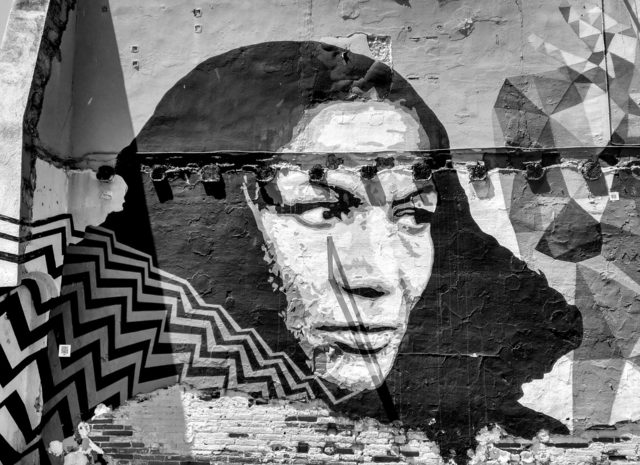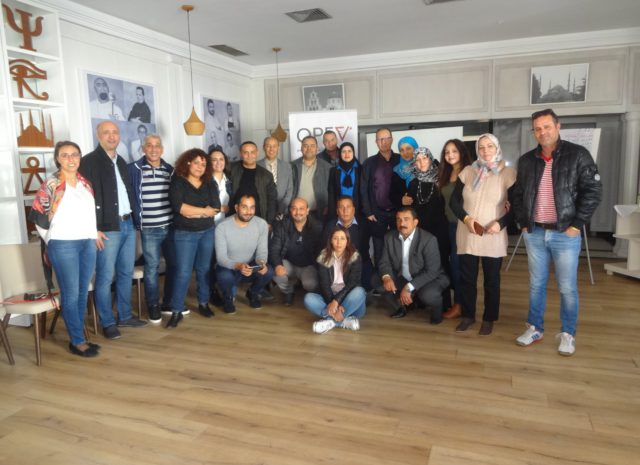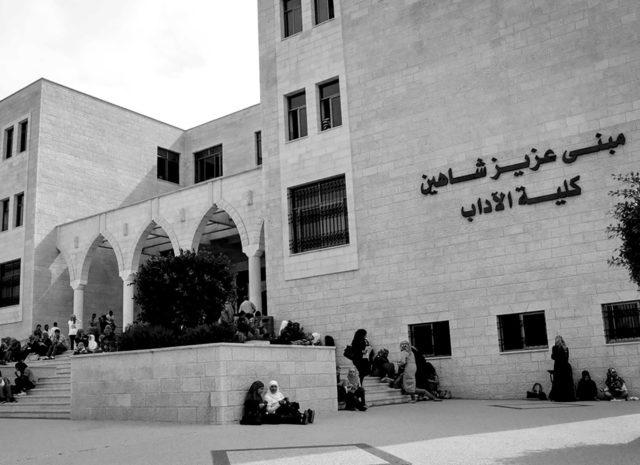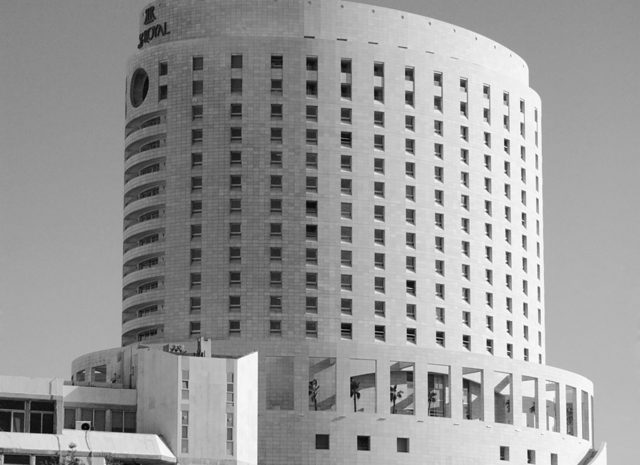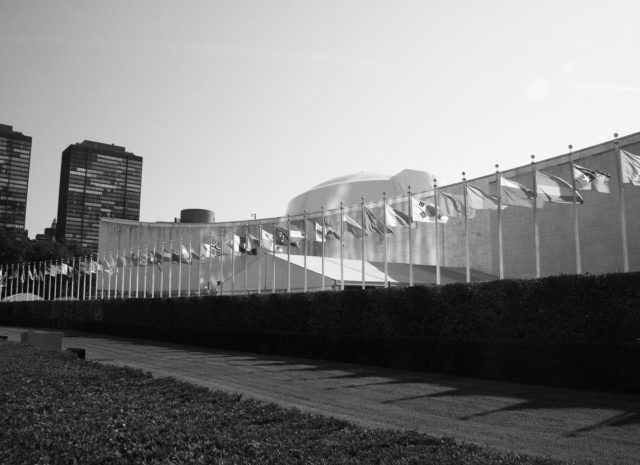The Observatory to Prevent Extremist Violence (OPEV) and the Union for the Mediterranean (UfM) will celebrate in Barcelona a seminario multi-sectorial para la prevención del extremismo violento en la región Euro-mediterránea Region on the 27 June. This event aims to open a high-level structured dialogue between civil society organisations, practitioners, academia, think-tanks and regional and multi-lateral institutions regarding the future Development of Action Plans for preventing Violent Extremism.
The seminar aims to: 1) Share the main lessons learned and progress made in the adoption of National Action Plans (NAP’s) for preventing Violent Extremism in the Euro-Mediterranean region; 2) learn from the practice, distil lessons on policy-development, research and programming on PVE; and 3) suggest good practices and recommendations for PVE policy-development National Actions Plans with a whole of society approach.
No country in the Euro-Mediterranean Region is immune from the negative impacts and threats posed by violent extremism. Data derived from studies on the impact of violent extremism during the last decade in the Euro-Mediterranean Region suggest a dramatic global increase in the number of attacks, fatalities and persons discriminated by all forms of violence, including terrorist attacks, hate speech, hate crimes and structural violence.
The situation in the Middle East and North Africa (MENA) remains as the second region in the world with a highest impact from violent extremism with four countries in the region amongst the ten most impacted of the world. According to the “Global Terrorism Index 2017” in 2016, had 13,512 deaths from 4,732 attacks. In the region, Iraq and Syria continue to suffer the highest numbers of fatalities since 2002 with over 60,000 and 8,000 deaths respectively. In terms of violence caused by terrorist attacks, during 2016 Europe has experienced the deadliest year for the region since 2002, increasing 60 times the number of deaths: 826 from 630 attacks.
The seminar has been organized with the support of the United Nations Development Program (UNDP), the Catalan Agency of International Cooperation for Development (ACCD), the European Union Instrument Contributing to Stability and Peace (IcSP) and the Municipality of Barcelona.
